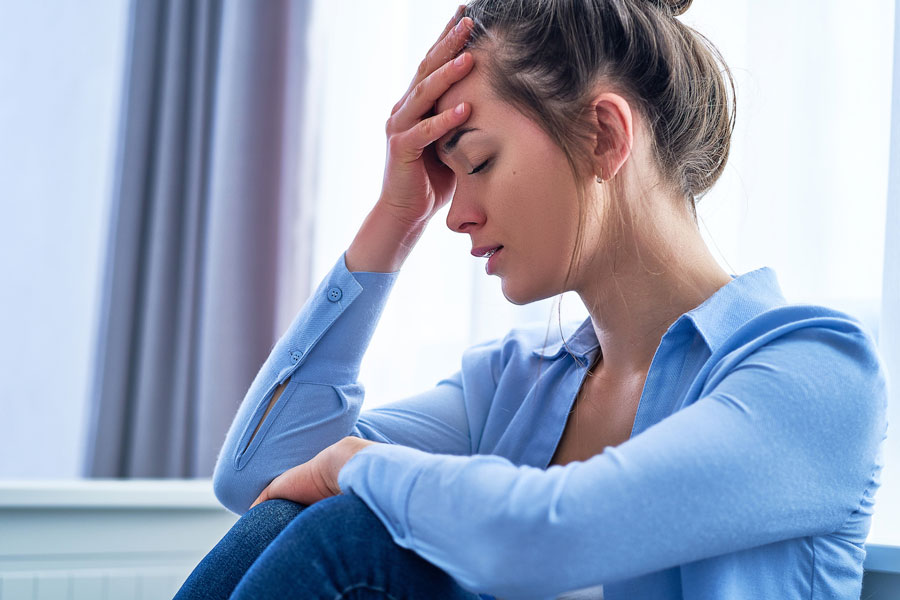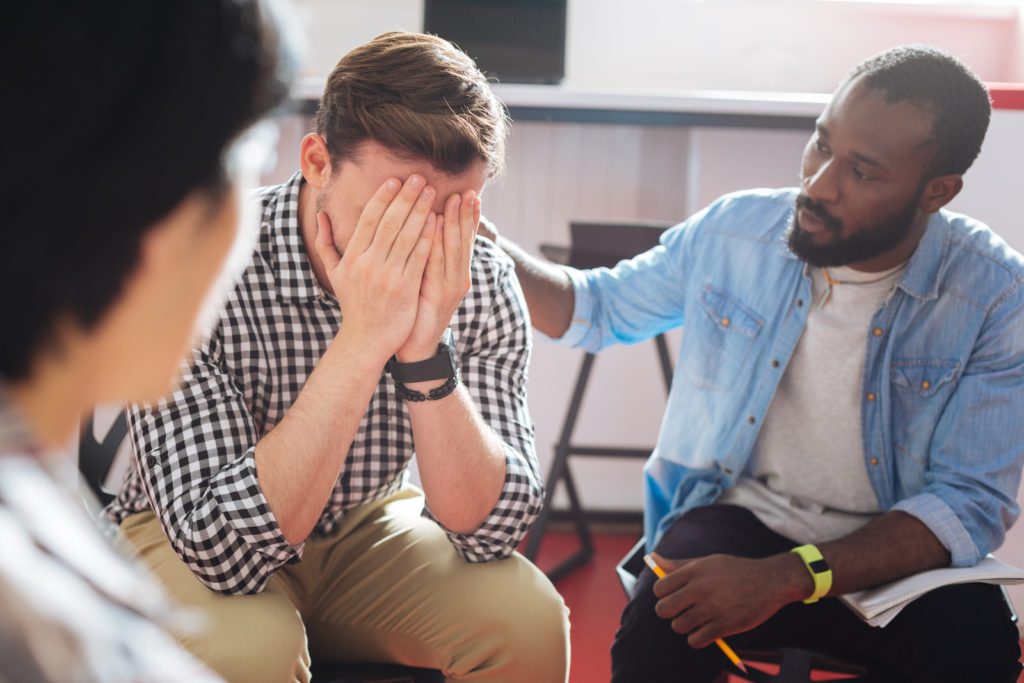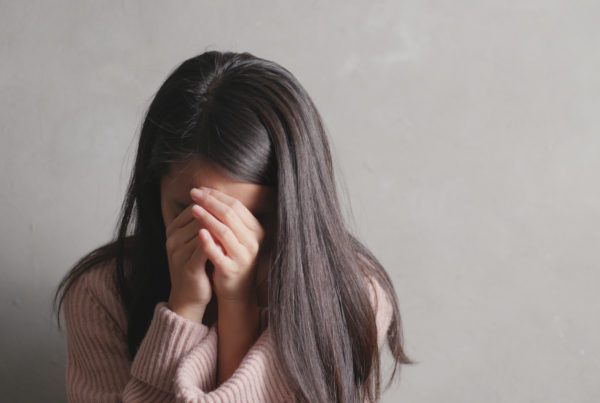
Table of Contents
Dealing with a substance use disorder or fighting an addiction to drugs or alcohol is an extremely difficult situation to be in. Your physical health seems to crumble, your mental clarity and cognitive ability are impaired, and substances control your life.
Fighting a drug addiction means fighting so much more than just the substance use disorder. It means dealing with demons of your past, confronting your addictive behavior, and owning up to what you have done to get to this place.
In addition, it means allowing your body and mind to heal from addiction. While this may seem like a peaceful part of the process, healing from addiction is painful for many people. Withdrawal and detoxification from drug use can be incredibly hard and uncomfortable.
While the intensity of withdrawal and detoxification from drug use varies from drug to drug and depends on the person’s environmental and genetic makeup, many people struggle during this time of recovery.
Relapses frequently occur during withdrawal and detoxification because of the severity of the symptoms caused by withdrawal. Because of the strength of withdrawal symptoms and the high potential for relapse, it is very important to monitor yourself and stay safe during withdrawal and detoxification.
The best way to stay safe during withdrawal is to be monitored by professionals or other people not going through withdrawal or detoxification. However, that means owning up to your substance use disorder and addiction publicly to other people. This can be incredibly challenging for many people; however, it is crucial to stay safe.
If you or a loved one are dealing with the possibility of experiencing drug withdrawal or detoxification, please continue reading. Here you will learn why it is safer to undergo withdrawal and why it is dangerous to deal with drug detoxes at home or by yourself.
Many people think that they know what is best for them. While that is true for the most part, when it comes to serious medical conditions such as substance use disorder, relying on medical and professional knowledge is much more reasonable and safer.
Why Trying To Do A Drug Detox At Home Can Be Risky: Side-Effects Of Detoxing Off Drugs
Dealing with a drug detox at home or alone can be risky for various reasons. In addition, dealing with withdrawal and detoxification from substances opens the door for various mental health and physical issues.
These issues can be painful and hazardous for the person dealing with detoxification and those around them. There are also serious risks of suicide or drug relapses associated with detoxing from drugs alone.
Relapsing during detox or withdrawal is incredibly dangerous and can be potentially fatal. When people use drugs for a long time, their body builds up a tolerance to the substance. This means that as the person uses the drug over time, enough of it builds up in their blood and body that they need to take more of the drug to feel the same sensation as they did the first time they took the drug.
As time goes on, the dosage they are taking may multiply significantly.
When dealing with detoxification and withdrawal, the buildup of the substance in their body will quite literally detoxify out of their body. The uncomfortable and painful symptoms associated with withdrawal and detoxification can make a person go back to drugs to stop those symptoms.
Many people will take the same dosage they were taking when they stop taking drugs; , usually the highest dose they took during their substance use addiction.
While that dosage may have been safe when they had a tolerance to the drug, it can be incredibly unsafe and fatal once their tolerance goes away. Suddenly, the same dosage used to get them high will end up killing them or causing serious physical and mental damage.
This is one of the biggest risks of detoxing and going through withdrawal at home. There is no monitoring or oversight of the individual dealing with the detox, so the potential for them to go back to drugs and hurt themselves or accidentally kill themselves is much higher.
Many people also suffer mental health crises during detoxification. This is because their brain chemistry has been altered due to substance use. Now that the substance is no longer there, the person’s mental chemistry has to rewire to function healthily again.
This can cause serious decreases in neurotransmitters and hormones such as serotonin or dopamine, triggering various mental health issues. Low serotonin levels are associated with depression and anxiety, while low dopamine levels are associated with lethargic behaviors and decreased motivation.
In addition to the mental health issues associated with drug withdrawal and detoxification, there are a variety of physical symptoms and side effects that can be extremely uncomfortable and painful. The most common side effects of substance withdrawal are as follows:
- Nausea
- Vomiting
- Headaches
- Excessive sweating
- Shakiness or tremors
- Fatigue
- Drug or alcohol cravings
- Depression
- Anxiety
- Insomnia
- Muscular aches
- Psychotic behavior
- Self-harm thoughts or action
- Flu-like symptoms
- Dilated pupils
- And more
The severity of withdrawal symptoms depends on the drug, how long the drug was taken, the dosage taken each day, and defining factors of the individual’s medical history; withdrawal is uncomfortable.
People who consume stronger drugs in higher dosages for extended amounts of time will experience more intense withdrawal and detoxification symptoms than those who take less potent drugs in smaller doses for a shorter time.
However, there are exceptions to this rule. For example, opioids have an extremely painful and uncomfortable withdrawal experience. This means someone taking opioids for a short time with a small dosage may experience incredibly bad withdrawal symptoms.
Some drugs and substances have very mild withdrawal symptoms, so it is important to know what detoxification symptoms are for the substance you use. If it is an opioid, you should look to a professional facility to monitor it. If it is marijuana, you can likely deal with it at home. However, when detoxing from cannabis you should still considering lifestyle changes like staying more hydrated, exercising regularly and improving your diet to give you the best chance of success.
How To Know If Your Drug Detox Should Be Monitored By A Professional
Knowing when your drug detox needs to be monitored by a professional is incredibly important and may save your life. In addition, professionals are trained in knowing what to do when people’s withdrawal experiences become unbearable or dangerous.
Many people dealing with the more intense withdrawal symptoms may need serious medical care due to the side effects. For example, diarrhea, vomiting, sweating, and decreased appetite can frequently put a person at a dangerously high risk of dehydration.
Dehydration can easily kill someone, and it must be treated quickly so that the individual can regain fluids and electrolytes. When left untreated, dehydration can cause other issues in the body and turn fatal. Although dehydration does not seem like it would be the main killer among people dealing with withdrawal, it is a serious health hazard among people undergoing detox.
If you believe you may relapse during your drug withdrawal experience, you should speak out to a professional to monitor your symptoms and keep an eye on you. It is hard to admit that you cannot trust yourself around substances or the possibility of getting them, but admitting that you need supervision can save your life and help you get clean.
If you believe that your mental health is in a dangerous place, You should seek professional help during your withdrawal experience. Drugs can take a serious toll on a person’s mental health and cause mental disorders that were not present before the person suffered from substance use disorder.
Monitoring your mental health is great, but having someone look after you and ensure that you are in a safe physical and mental environment is incredibly important. In addition, it can reduce the amount of stress an individual dealing with detoxification feels during withdrawal.
Skip Detoxing From Drugs At Home: What You Should Do To Get The Treatment Help You Need
Although it is much easier to deal with the repercussions of your substance use disorder by yourself because you do not want to face friends, family, and the general public as someone struggling with addiction, it is incredibly risky to detox from drugs at home or by yourself.
Sometimes, the things that we fear the most are the things we must do. For many people struggling with substance use disorders, facing their substance use and tackling their addiction head-on is frightening. However, if a part of you wants to get clean and is striving for a better future where you are healthier, happier, and sober, then going to a professional facility is undoubtedly the best thing you can do for yourself.
If you or a loved one is suffering from a substance use disorder and thinking about detoxing from drugs at home, please reach out to Ocean Recovery today to get started on finding a treatment plan that will work for you and keep you safe while you deal with withdrawal and detoxification.
Sources:
Ocean Recovery has sourcing guidelines and relies on peer-reviewed studies, academic research institutions, and medical associations for our references. We avoid using tertiary references as our sources. You can learn more about how we source our references by reading our Editorial Policy.
- Alcohol and Drug Foundation. Withdrawal – Alcohol and Drug Foundation. Accessed August 9, 2022. https://adf.org.au/reducing-risk/withdrawal/
- National Institute on Drug Abuse. Opioids. National Institute on Drug Abuse. Accessed August 9, 2022. https://nida.nih.gov/research-topics/opioids
- National Institute on Drug Abuse. Cannabis (Marijuana) DrugFacts. National Institute on Drug Abuse. Published December 24, 2019. Accessed August 9, 2022. https://nida.nih.gov/publications/drugfacts/cannabis-marijuana
OCEAN RECOVERY EDITORIAL GUIDELINES
The internet contains a vast amount of misinformation, but when it comes to your health only peer reviewed, research centered data matters. At Ocean Recovery, all content published throughout our website has been rigorously medically reviewed by a doctorate level clinician, and cross checked for medical accuracy. Our editorial process helps our readers trust that the information they are consuming is factual and based upon scientific data. Your health is our top priority, find out more about how we safeguard the integrity of information on our website. Read More About Our Process






